Isima, Odegbami, Amiesimaka, Lawal, Chukwu, Owolabi, Ogedengbe. Names that will forever be revered in Nigeria, especially among the older ones who witnessed what was a footballing masterclass in 1980. Nigeria hosted the 12th edition of the biennial African Nations Cup tournament, beating Algeria 3-0 in the final courtesy of two goals from the wing wizard, Segun ‘The Mathematical’ Odegbami, and a strike from the mercurial Muda Lawal.
Lagos was the darling of Nigerian football fans, and the Green Eagles, as they were called back then, could do no wrong in the eyes of the teeming crowd at the National Stadium in Surulere, swatting aside opponents with relative ease. In 2000, the love between Lagos and the national team would reach a tipping point. The scene was the National Stadium. It was the final of the Ghana/Nigeria 2000 and the date was 13th, February 2000. Victor Ikpeba, the 1997 African Footballer Of The Year had just hit the bar from the spot in a penalty shootout, with Rigobert Song hitting the winner in front of a stunned and silent Lagos crowd. Nigeria had come from two goals down but ultimately lost when it mattered most in a game of sudden death.
READ: Super Eagles will get $75k for every goal scored – Dangote, Otedola
Losing to Cameroon in 2000 was the final straw, as they had defeated Nigeria in the 1984 and 1988 showpieces, and it is one loss Nigerians tend to remember the stadium with. The National Stadium since that time has been a relic of the past, playing host to just exhibition matches. Like its next-door neighbour, the Teslim Balogun Stadium got renovated and played host to international tournaments, most notably the 2009 U-17 World Cup.
Many factors have been attributed to Lagos seeing less of the Super Eagles. This article highlights 3 of such factors.
READ: Cadbury renews contract with NFF as partnership deals hit $50 million
Derelict infrastructure
Successive governments have allowed the National Stadium, Surulere to go into a state of disrepair. It has become a shadow of its former self and with many stadia across the country, the Football Federation had decided that Lagos won’t be the permanent home of the Eagles, taking games to Abuja, Kano, Kaduna, Enugu, Calabar, Uyo, and lately, Benin, mainly to allow other parts of the country have a feel of what it is like to host the national team.
The absence of a government-owned football team in Lagos playing in the Nigerian Professional Football League has also led to this, as there has been no express need for the government to spend so much on a facility that isn’t even state-owned, and without the potential to generate enough income to offset the cost of refurbishing it.
READ: Manchester City becomes first English football club to go Crypto
“You can’t please Lagos fans”
The pressure of playing in Lagos is extreme and most of the time gets to the players. Even while winning, songs of scoring more goals fill the air, with the players getting restless and breathless all in the name of pleasing the fans. The fans are eerily quiet when things are not going the team’s way, and for a team that only plays periodically, the players believe the fans should do more to support the team. This has made the football authorities play ‘safe’ by taking the games around the country, with not enough time spent at a particular place to allow fans to start becoming entitled, which ultimately leads to undue pressure on the players.
The question of economic value
From a financial standpoint, what really is the value of playing in Lagos? Is it sponsorship? The authorities can get it from playing in different places, as long as there is viewership on TV and other media. One would argue about game-day revenue, but the apathy from Nigerian football fans to Nigerian teams is well known. What is the prospect of playing in a big stadium when fans won’t fill half of it?
There is also the question of what bringing the Super Eagles means to the local community. While the excitement and buzz are unlike anywhere in the country, does it translate in kind to the local community in terms of revenue? Tournaments could help in this regard, and not one-off games.
READ: Lagos commences disbursement of N1 billion to tourism practitioners, to establish film city
Final Thoughts
Lagos is the spiritual home of the Eagles, and it’s time they return home. However, returning must mean that the advantages outweigh the disadvantages, and not just a sentimental or emotional decision. If it’s the former, it would be good, but if it’s the latter, it may be a permanent break from a place that once held happy memories for everyone associated with the green and white.

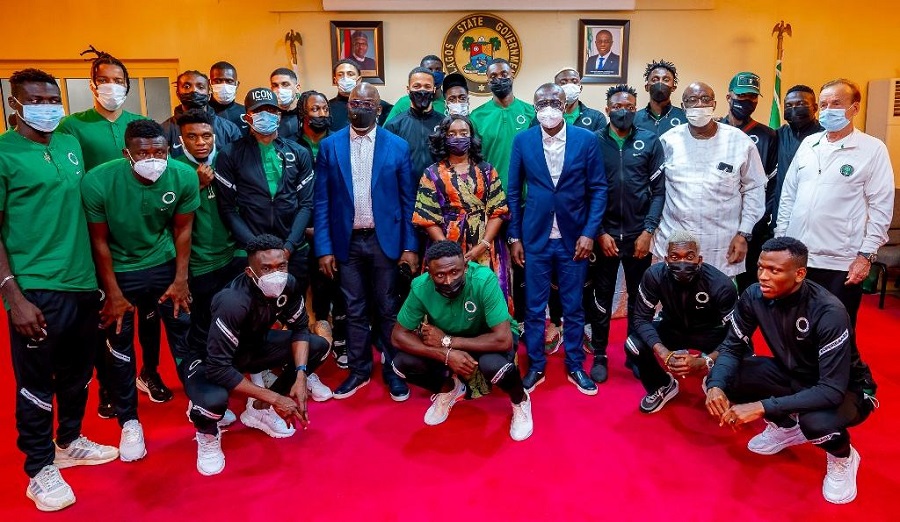
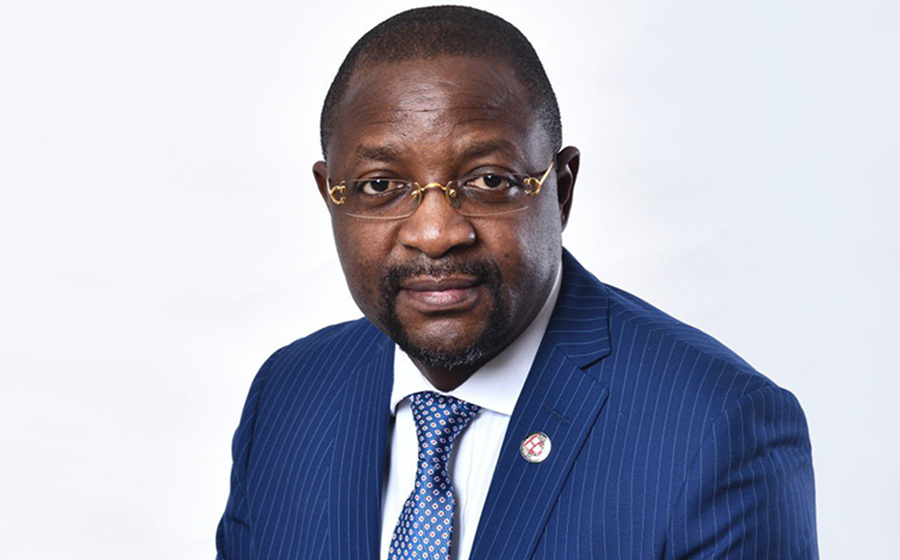






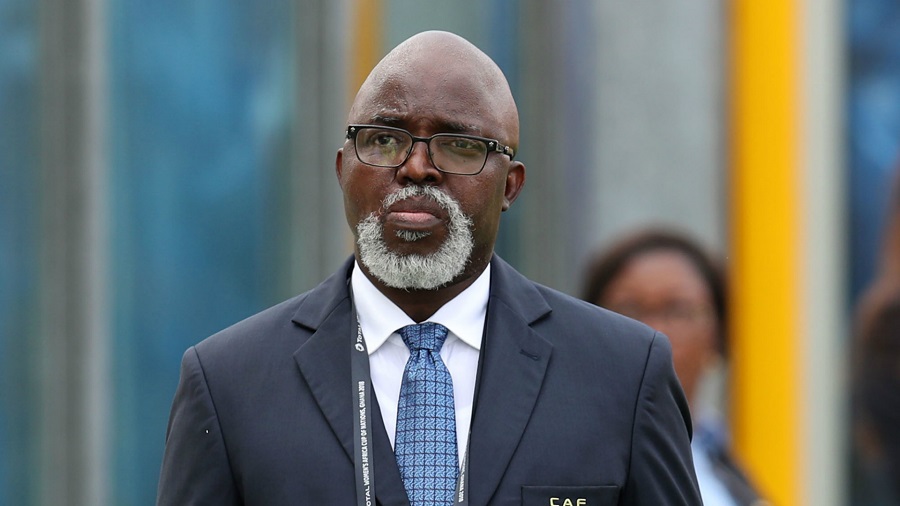
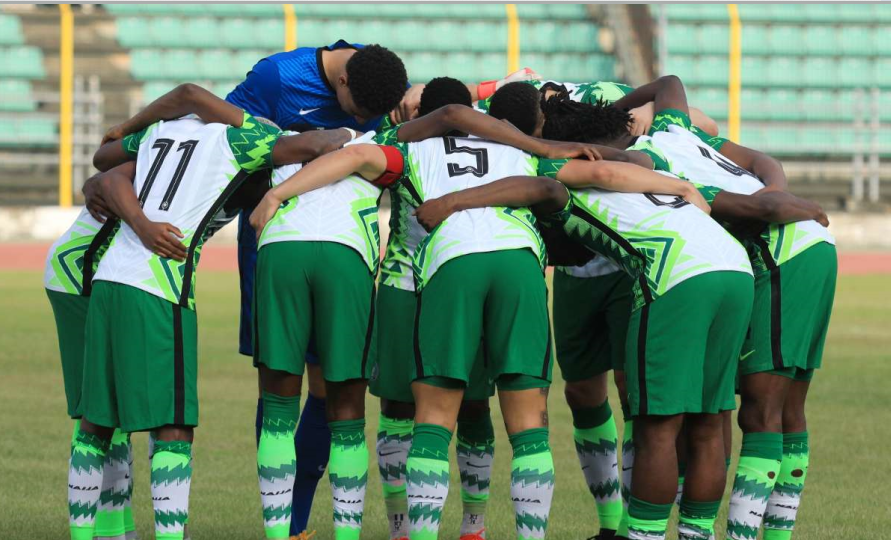
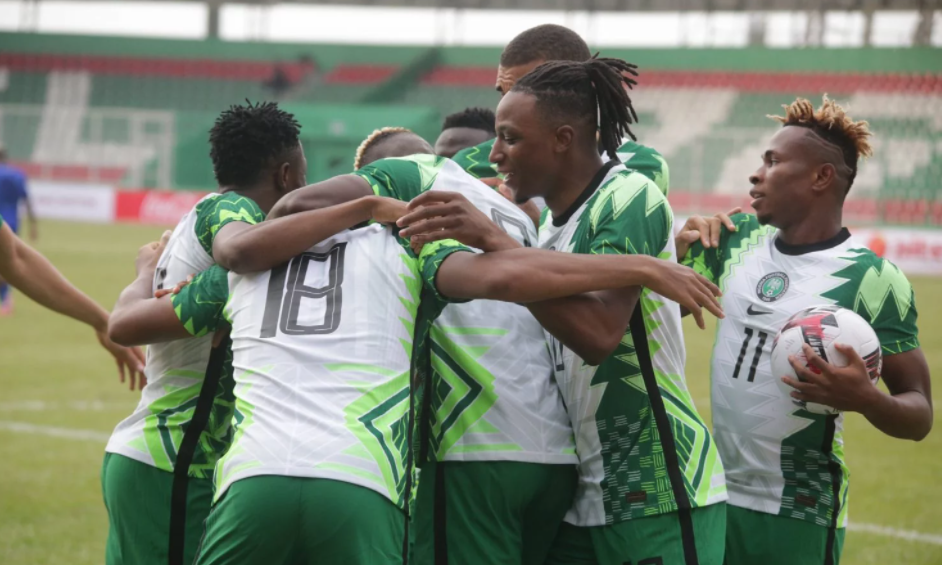







Brilliant article…. Looking forward to more of your articles ???